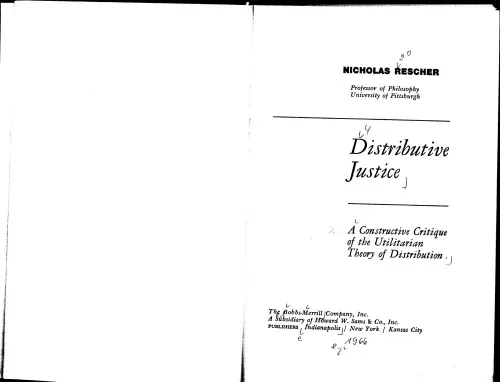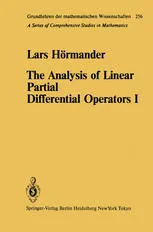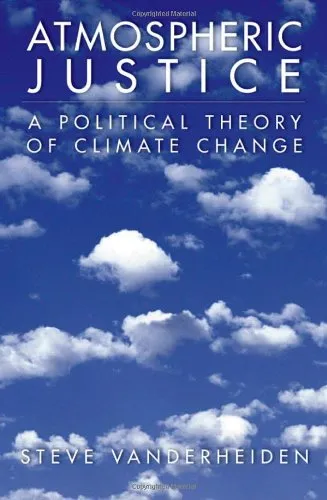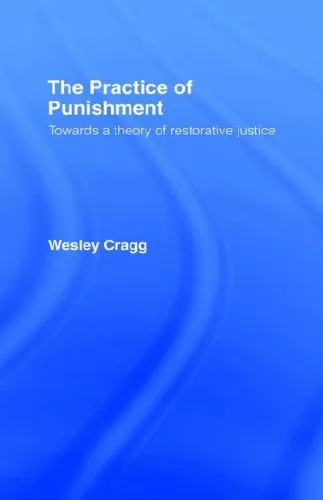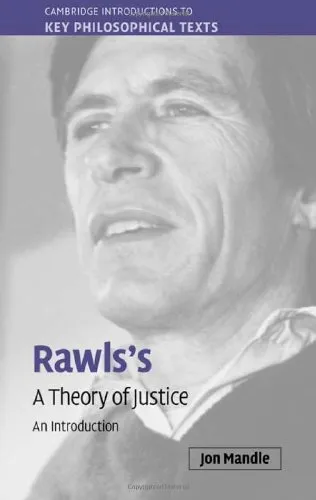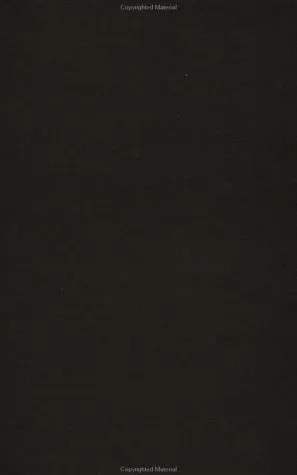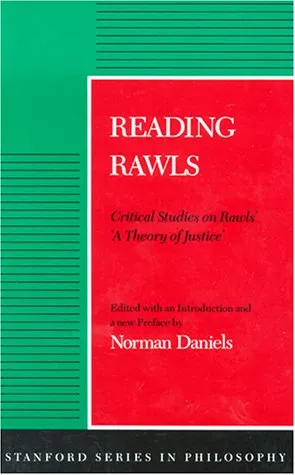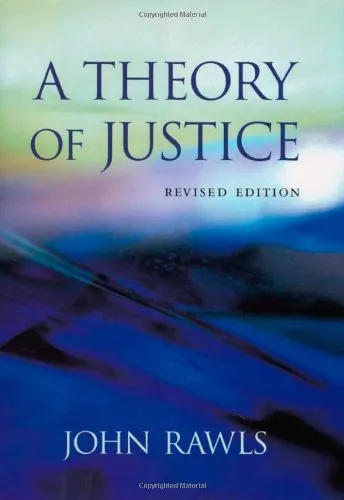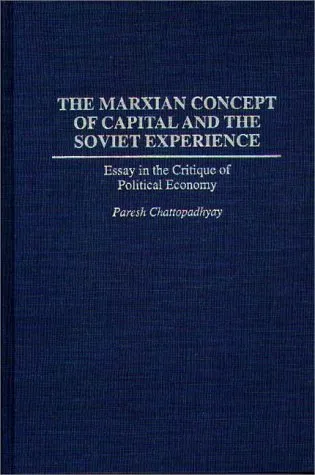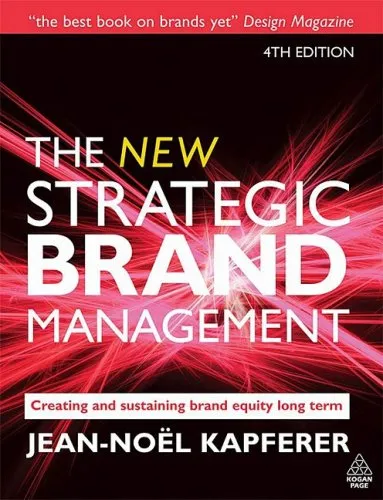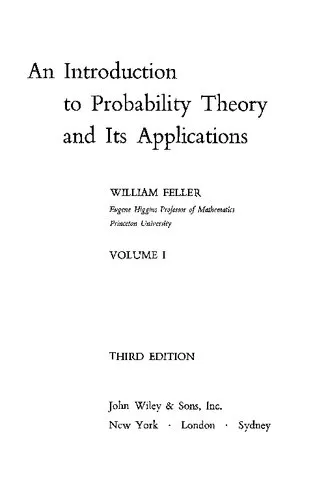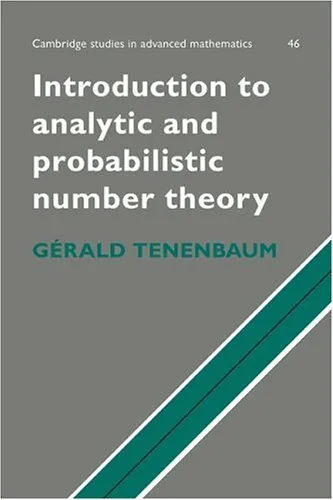Distributive justice: A constructive critique of the utilitarian theory of distribution
3.7
Reviews from our users

You Can Ask your questions from this book's AI after Login
Each download or ask from book AI costs 2 points. To earn more free points, please visit the Points Guide Page and complete some valuable actions.Related Refrences:
In the realm of philosophical discourse, issues surrounding distributive justice often evoke intense debate and challenging interpretations. "Distributive Justice: A Constructive Critique of the Utilitarian Theory of Distribution" offers a meticulous examination of utilitarianism's approach to the complex problem of justice in resource distribution. In this book, I seek to provide not only a critique of utilitarianism but also to explore alternative methods that may offer more robust solutions to these enduring ethical dilemmas.
Summary of the Book
The book begins by delving into the fundamental tenets of utilitarianism, a theory that emphasizes maximizing overall happiness and utility in societal structures. While utilitarianism has long been a cornerstone in theories of justice, this book argues that its utility-based approach may fall short when faced with real-world complexities and the intricacies of human needs. Throughout the chapters, I present a constructive criticism of utilitarian theories, highlighting both their conceptual and practical limitations.
My critique primarily focuses on how utilitarian theories often neglect individual rights, potentially sacrificing them for the greater good. This revelation poses a significant ethical quandary: can true justice be achieved without safeguarding individual liberties and identities? By scrutinizing the limitations of utilitarianism, I aspire to shed light on potential alternatives that offer fairer and more equitable solutions to distribution.
The book proceeds to discuss non-utilitarian frameworks that prioritize fairness, equality, and respect for individual rights. I introduce the reader to the concept of "justice as fairness" and other approaches that emphasize the moral significance of each person. Through comparative analysis, I aim to present a more balanced understanding of how justice can be construed and implemented in a manner that respects both individual and collective needs.
Key Takeaways
- Utilitarianism, while influential, presents significant challenges when applied to distribution due to its focus on utility optimization over individual rights.
- A critique of utilitarianism opens avenues for exploring alternative theories of distribution that prioritize fairness and equality.
- Ethical distribution requires balancing individual rights with the welfare of the collective, posing a philosophical challenge crucial to understanding and achieving justice.
- A new paradigm of distributive justice may better address the complex necessities of varied human experiences and cultural contexts.
Famous Quotes from the Book
"True justice in distribution demands that we move beyond mere numerical calculations of utility to embrace the intricate, moral landscapes that define human existence."
"A fair distribution system does not solely focus on what benefits the majority but rather incorporates the sanctity of individual dignity and rights into its framework."
"To envision a just society, we must be willing to critique established paradigms and seek innovative approaches that respect the plurality of human life."
Why This Book Matters
This book offers a vital contribution to the ongoing dialogue about distributive justice, especially in contemporary contexts where economic and social disparities are glaringly evident. It invites readers to critically assess the prevailing utilitarian frameworks and consider alternative models that may better encapsulate the principles of justice. In an era where global inequities continue to challenge social cohesion, a fresh perspective on justice and distribution is not only timely but imperative. The insights provided in this book aim not only to question but also to inspire new paths towards a more just and equitable world.
Free Direct Download
You Can Download this book after Login
Accessing books through legal platforms and public libraries not only supports the rights of authors and publishers but also contributes to the sustainability of reading culture. Before downloading, please take a moment to consider these options.
Find this book on other platforms:
WorldCat helps you find books in libraries worldwide.
See ratings, reviews, and discussions on Goodreads.
Find and buy rare or used books on AbeBooks.
1415
بازدید3.7
امتیاز0
نظر98%
رضایتReviews:
3.7
Based on 0 users review
Questions & Answers
Ask questions about this book or help others by answering
No questions yet. Be the first to ask!
